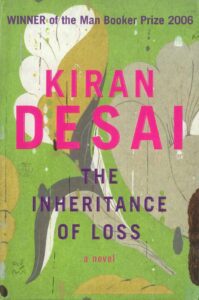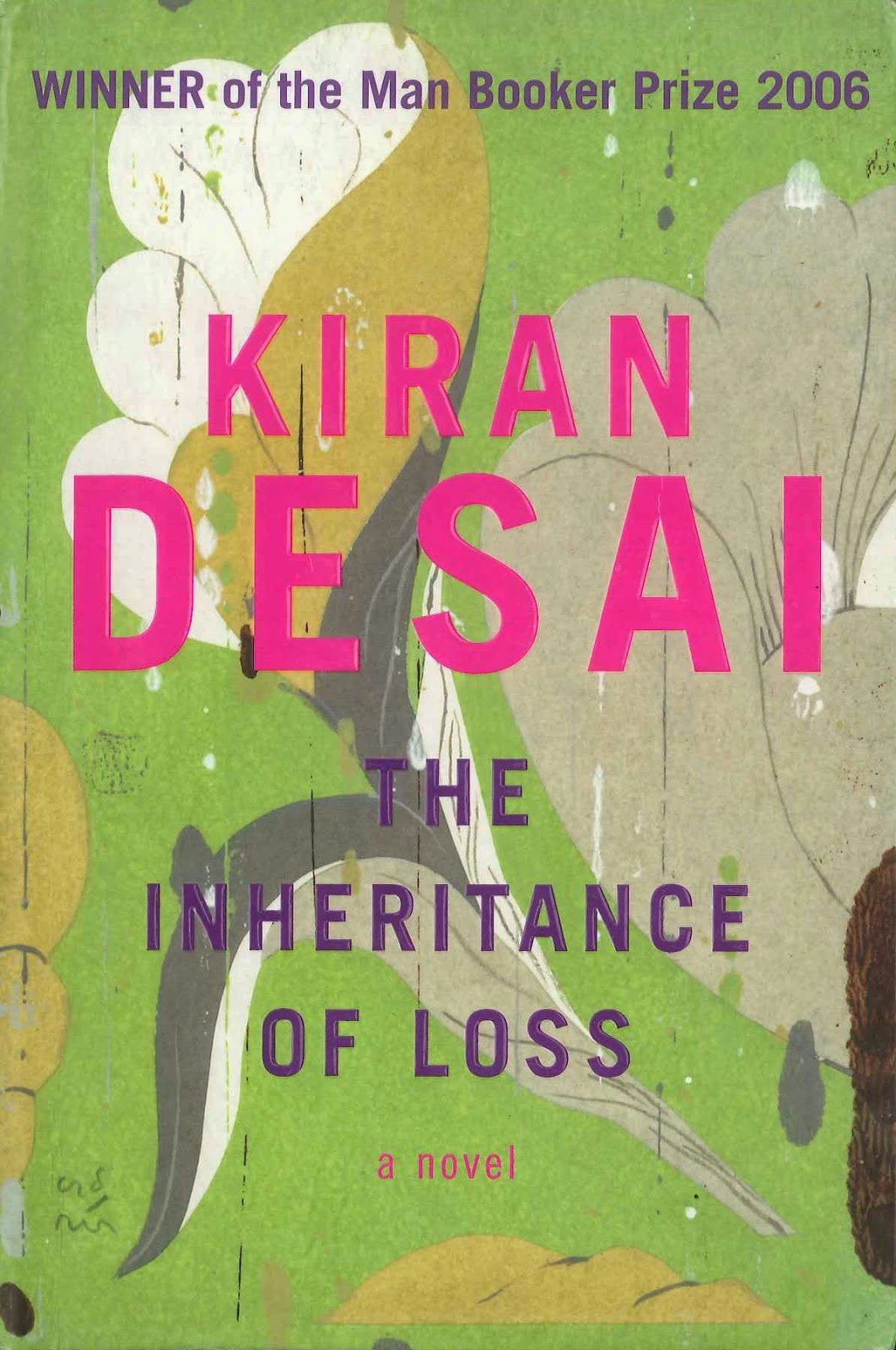
Author: Kiran Desai
Publication Year: 2005
Length: 357 pages
These Indian books kill me. If it isn’t the constant talk about pooping, it’s the amazingly confusing national and religious structure that just boggles my mind. Lucky for me I happened to take a course at work a week after finishing this particular Indian book called “Working With Indian Nationals.” The instructor was great, and I got to fill in the blanks on all my questions about caste and Tibet and almost all the outstanding issues I found confounding in this and every other book of its ilk that I’ve read (A Fine Balance, The God of Small Things, White Teeth, etc.) He didn’t cover the obsession that Indian authors seem to have with defecation, but I’ll chalk that up to the whole spicy food thing. Unfortunately I didn’t get a chance to cover the political stuff, which is certainly one of the major backdrops of this novel–namely the mid-eighties push for Nepalese independence. All that aside, this is a story about the universal theme of love and family. There is also an interesting sub-plot about the disenfranchisement of poor youth, spawning a nationalistic movement that can at times be brutal and even just a bit silly. During all the turmoil we have the burgeoning love affair of two young Indians, one an orphan from an upper class, educated family, the other a poor Nepali who finds himself wrapped up in the revolution to fight against the very kind he is falling for. The story goes forward and backward in time, telling the tales of all the main characters and how they came to be where they are. It seems that everyone is in some way an immigrant at some time or another, so there is a major component of the plot that deals with how our characters adjust to being an outsider, and how it helped form their character. The book is well written, and despite the fact not much happens is compelling and intricate and fascinating in a sociological way. The thing could have been tightened up a wee bit–plotlines not dragged out quite so long–but this was otherwise another solid outing for my Indian author friends.


